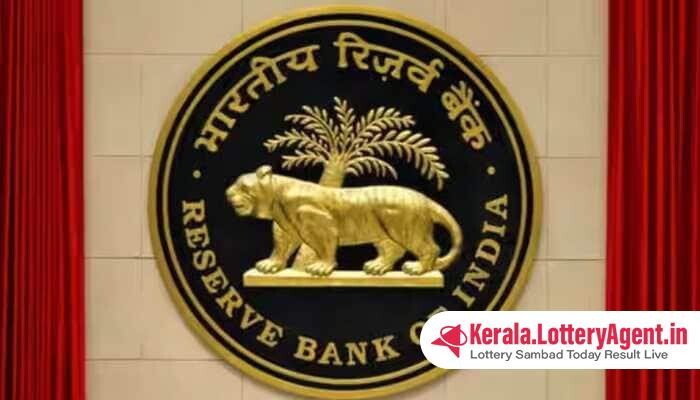
In an assertive move to protect consumer interests, the Reserve Bank of India (RBI) issued a mandate on Monday to financial institutions across the country, including banks and non-banking financial companies (NBFCs), to overhaul their loan interest practices. The central bank’s directive comes in the wake of several unsettling discoveries that exposed the charging of undue interest on loans, unearthed during an onsite examination that concluded on March 31, 2023.
The RBI has identified several troubling methods employed by these financial entities that are decidedly at odds with principles of equity and straightforward dealings with customers. Such exploitative practices include charging interest on loans from the date of sanction or execution of the agreement rather than from when the funds were actually disbursed. For example, borrowers were often charged interest starting from the issue date of a cheque, despite receiving the cheque several days later.
Furthermore, it was brought to light that certain banks charged interest for the entire month, regardless of the loan being outstanding only for a part of it. Another concern was banks requesting one or more installments in advance, yet still calculating interest as if the entire loan amount was outstanding.
The RBI’s circular emphasizes the critical need for transparency and fair treatment of customers in financial transactions. To rectify these anomalies and to prevent future misdeeds, the RBI has instructed all regulated entities to conduct a thorough review of their loan disbursal methods, the application of interest, and other related charges. Where necessary, corrective actions, including system level changes, are to be implemented without delay.
Instances of such inappropriate practices unearthed by supervisory teams have prompted the RBI to instruct the guilty parties to refund the excess interest and additional charges discovered during the investigation. To foster a more efficient and transparent approach to loan disbursal, the RBI is also nudging financial institutions towards adopting online transfers as opposed to cheque issuance, which has been plagued by these irregularities.
The overarching message from the RBI is unequivocal: unethical business practices that undermine customer trust and violate the essence of fair play will not be tolerated. The central bank’s vigilant stance is a firm reminder that the sanctity of a transparent and equitable financial ecosystem is paramount.
Banks, NBFCs, and housing finance companies now find themselves at a critical juncture where they must reassess their practices and align their operations with the expectations set by the RBI. The banking sector, responding to the RBI’s strictures, is expected to witness structural changes aimed at enhancing customer satisfaction and trust in the financial framework.
This move not only serves as a safeguard for customers from being sidelined by concealed charges but is also anticipated to enhance the quality of service within the Indian banking industry. The RBI, by stepping in decisively, hopes to navigate the banking ecosystem towards a future where fairness is not just an expectation but a fundamental standard.
The directive from the RBI is a clear signal to all regulated financial bodies: the health of relationships with customers is crucial, and any entity found backsliding on this front will face stringent corrective scrutiny. The swift action of the RBI paves the way towards steadfast regulatory vigilance, underscoring the critical nature of customer-centric reforms in the banking sector. The mandate is poised to resonate strongly among customers and financial institutions alike, heralding an era of enhanced accountability and transparency in the financial domain.












